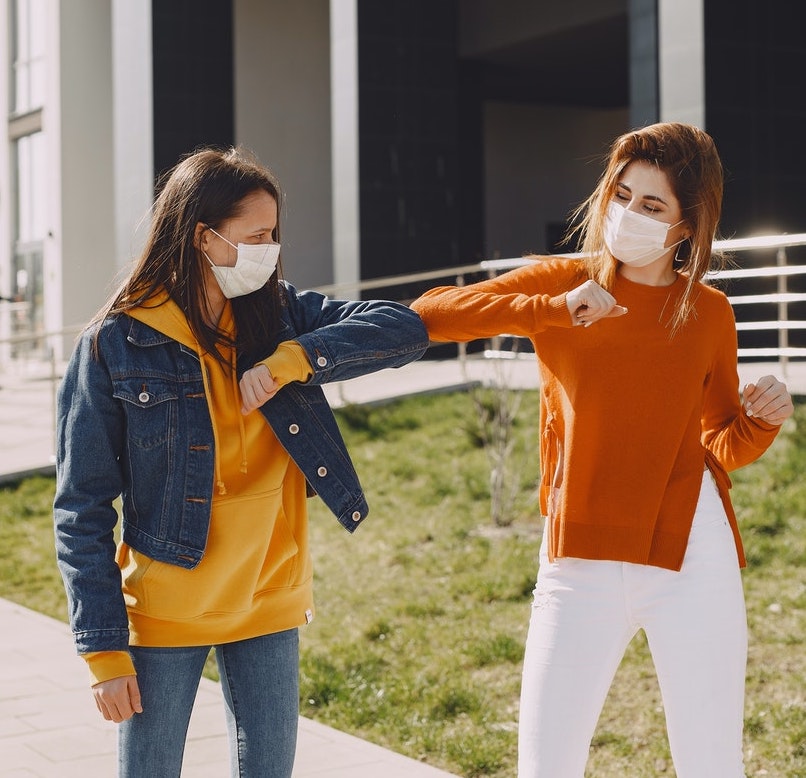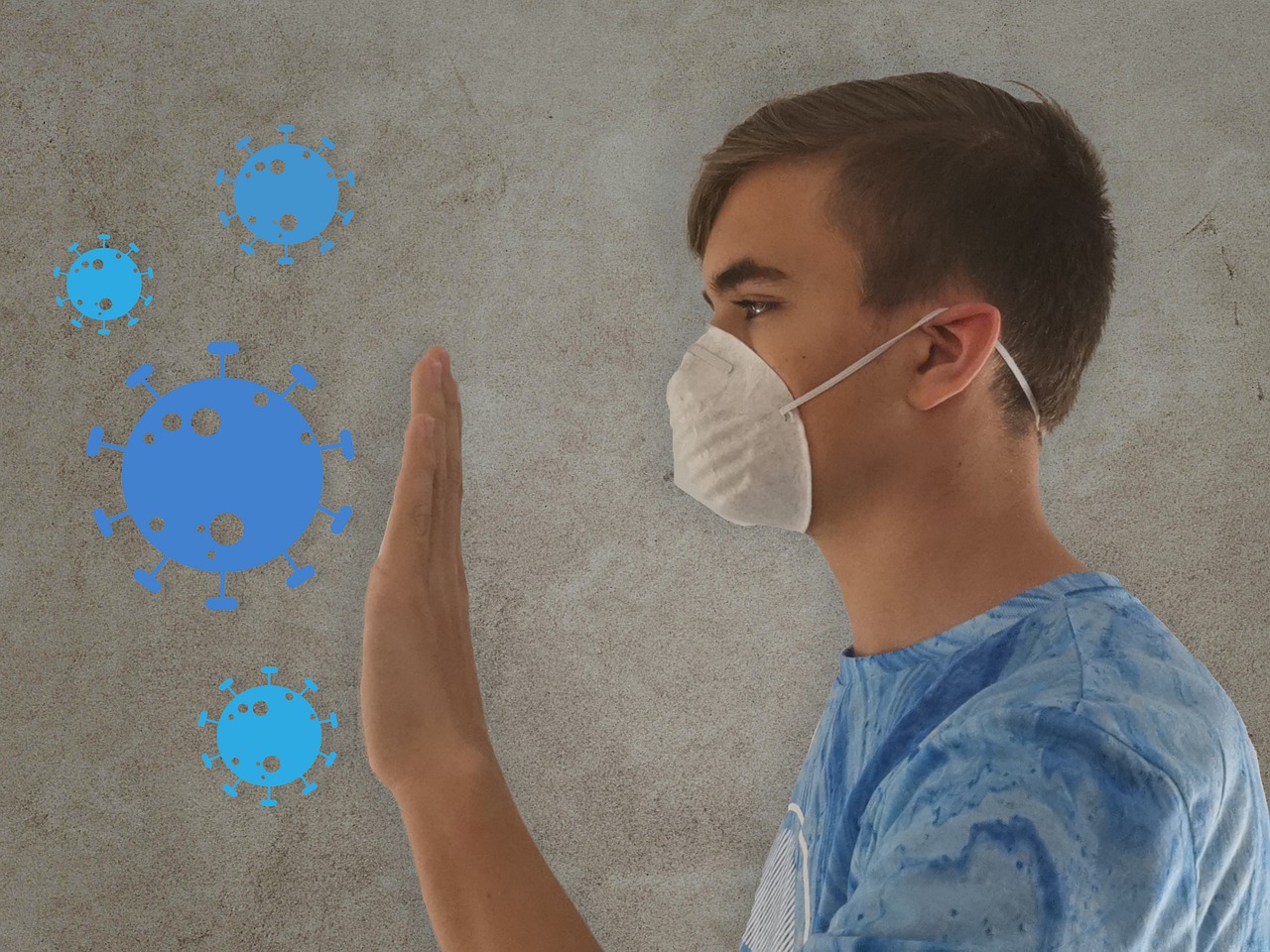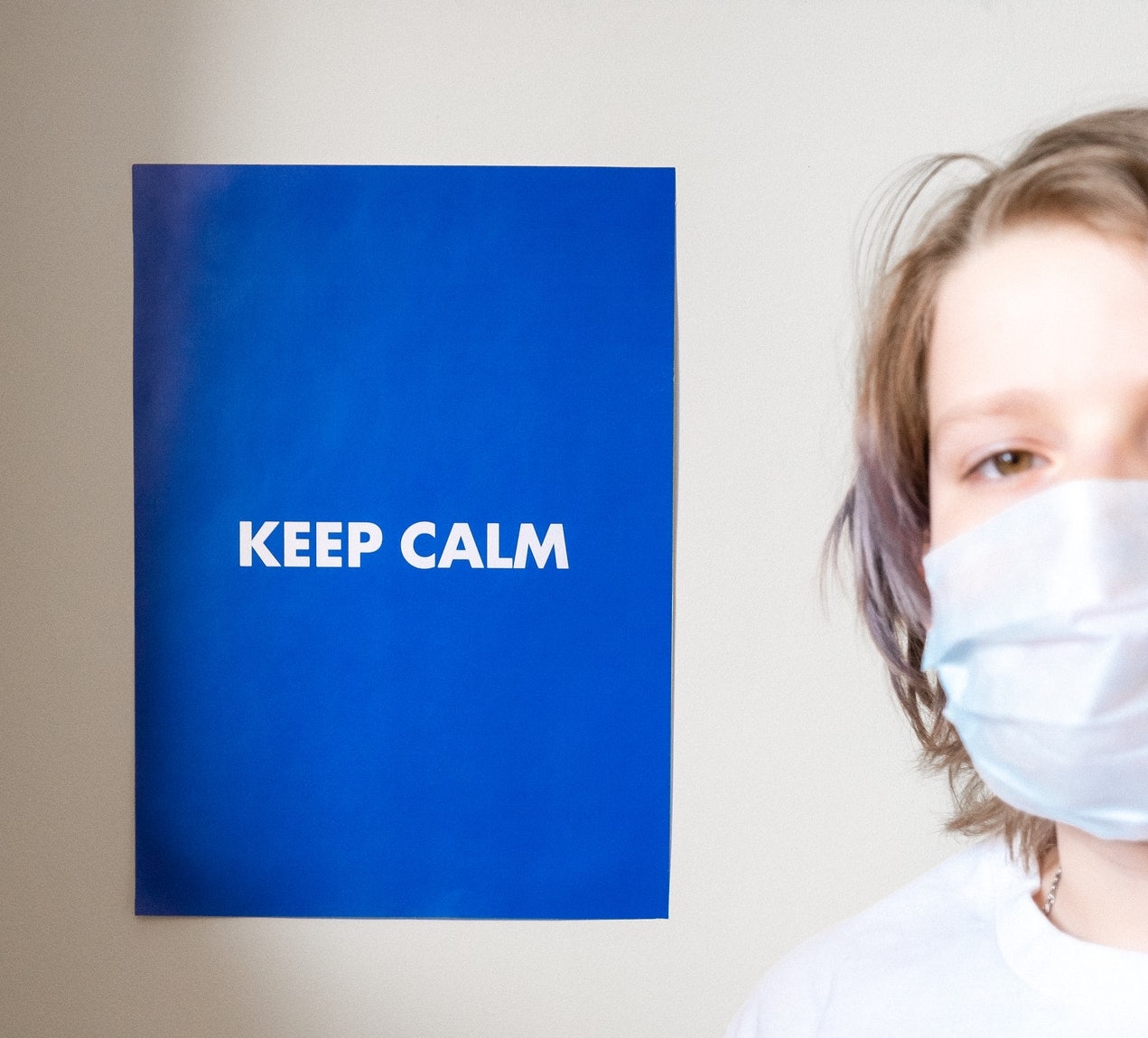How to Handle Your Re-Entry Anxiety as the Pandemic Recedes
 Nervous about going out into the world again? Here are tips from a neuroscientist, a therapist, a behavioral scientist and a psychologist.Folks are worried about how to stay safe while socializing; how to discuss their comfort level with loved ones or manage pressure from others to do something they’re not yet ready to do; how to deal with other people they encounter when they’re out and about. Some are concerned that their lives will become too busy or frantic again. Many say their worry doesn’t even have a specific focus—it’s become an all-encompassing, global anxiety.
Nervous about going out into the world again? Here are tips from a neuroscientist, a therapist, a behavioral scientist and a psychologist.Folks are worried about how to stay safe while socializing; how to discuss their comfort level with loved ones or manage pressure from others to do something they’re not yet ready to do; how to deal with other people they encounter when they’re out and about. Some are concerned that their lives will become too busy or frantic again. Many say their worry doesn’t even have a specific focus—it’s become an all-encompassing, global anxiety.
“Our brains don’t like change because they don’t like the uncertainty,” says Judson Brewer, a psychiatrist and neuroscientist, who is the author of “Unwinding Anxiety: New Science Shows How to Break the Cycles of Worry and Fear to Heal Your Mind.”
The following strategies are from Dr. Brewer, as well as a therapist, a behavioral scientist and a positive psychologist.
Set boundaries
To help you decide, ask yourself this question: “If I wasn’t concerned about what other people think, what would I be doing?” suggests Nedra Glover Tawwab, a licensed clinical social worker in Charlotte, N.C.
Next, describe your boundaries to your loved ones. Ms. Tawwab suggests telling them: “This is what I feel comfortable doing.” Explain that this is not about who is right and who is wrong about safety measures. It’s simply a matter of your personal choice.
Calm your brain
Your brain isn’t meant to continuously scan for threats, says Dr. Brewer, who is the director of research and innovation at Brown University’s Mindfulness Center and an associate professor in the university’s medical school and school of public health. It’s supposed to calm down once it determines you’re safe. But all of the worrying you’ve done over the past year has kept your brain on high alert. It’s no wonder you’re jumpy.
You need to reassure your brain that you’re safe. Dr. Brewer suggests you remind yourself: “I am vaccinated and my friends are vaccinated. We’re within the safety guidelines. The danger here is minimal.”
Look on the bright side
“The whole point of going out is to improve our levels of happiness and well-being,” says Michelle Gielan, a positive psychology researcher and founder of the Institute for Applied Positive Research, in Dallas. “If it is not going to result in that, we might as well stay home.”
So expect to have fun. Research shows that when people are more positive and optimistic, they experience fewer negative symptoms of stress, such as headaches, backaches and fatigue, says Ms. Gielan, who is the author of “Broadcasting Happiness: The Science of Igniting and Sustaining Positive Change.”
Don’t let life get too hectic again
Many people are worried about returning to a frantic, pre-Covid pace of life. If you want to make sure you continue the activities that have become important to you over the past year—daily walks, regular family meals, a new hobby—you need to plan deliberately.
Excerpted from “How to Handle Your Re-Entry Anxiety as the Pandemic Recedes” in the Wall Street Journal. Read the full article online for additional details.
Source: The Wall Street Journal | How to Handle Your Re-Entry Anxiety as the Pandemic Recedes, https://www.wsj.com/articles/how-to-handle-your-re-entry-anxiety-as-the-pandemic-recedes-11621094399 | Copyright ©2021 Dow Jones & Company, Inc.
Do you need someone to talk to? To schedule an evaluation or to get advice about your child’s challenges, call or email a CHC Care Manager at 650.688.3625 or careteam@chconline.org CHC teletherapy services are available now.





